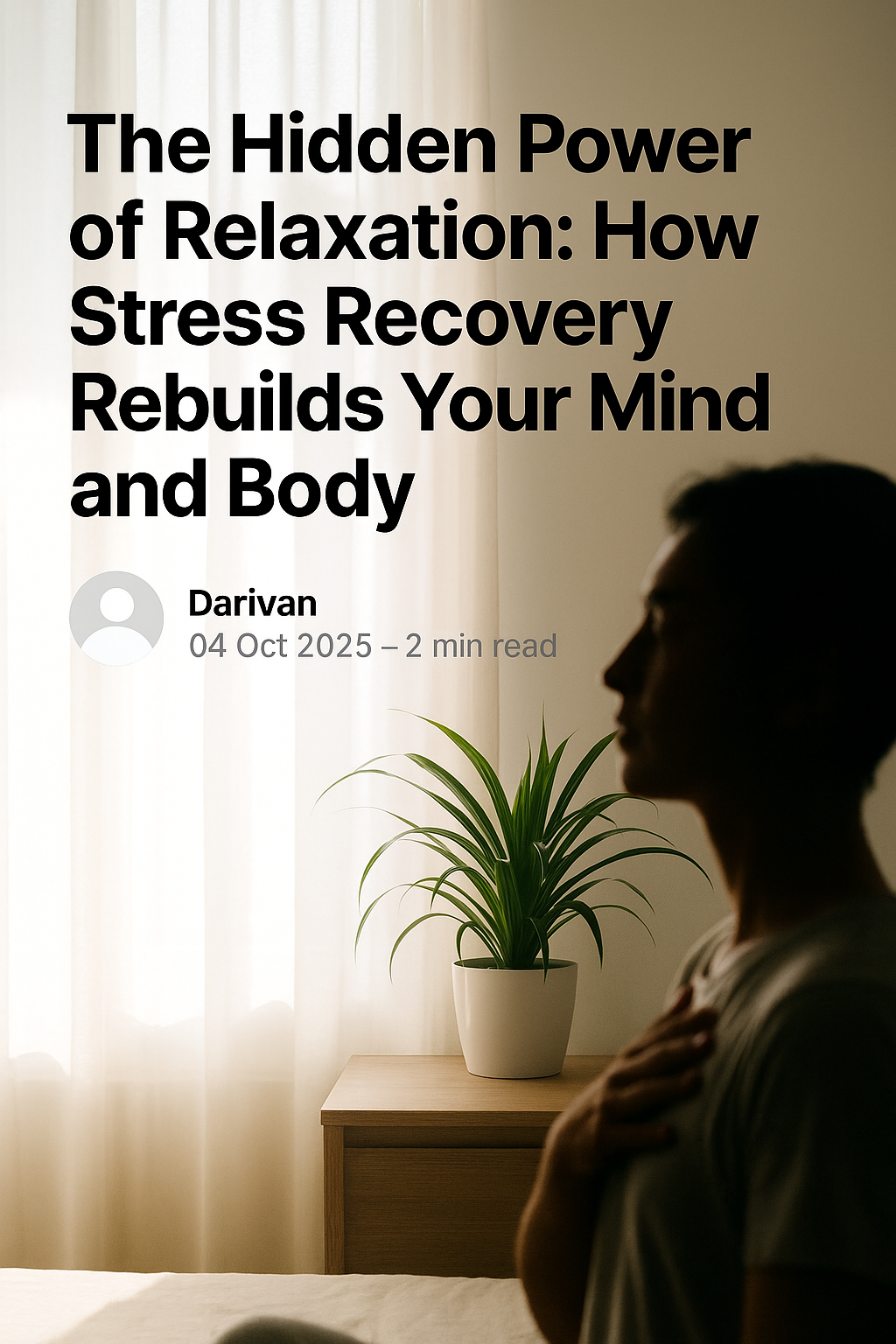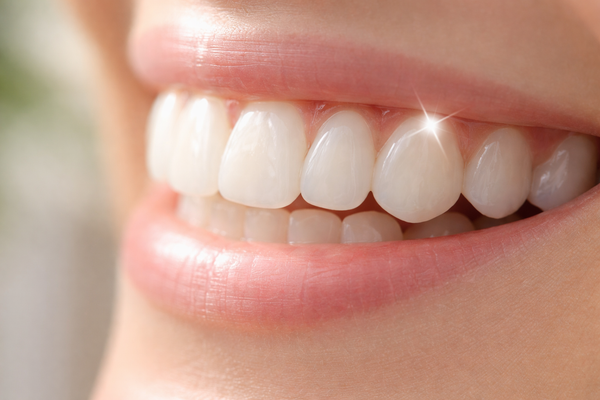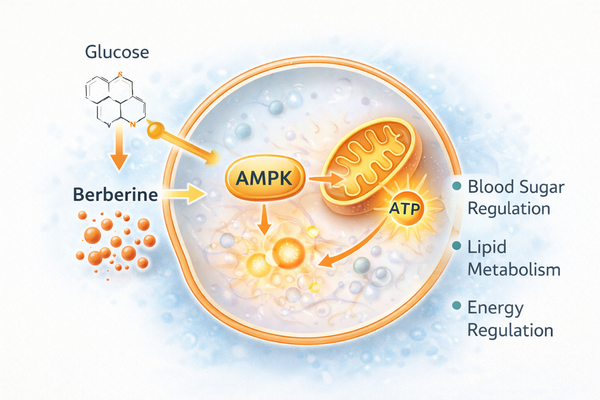The Hidden Power of Relaxation: How Stress Recovery Rebuilds Your Mind and Body

In a world that never stops moving, relaxation often feels like a luxury.
But science tells us that rest and recovery are not indulgences — they are biological imperatives for longevity, focus, and emotional balance.
When the body constantly lives in “fight or flight” mode, every system — from immunity to metabolism — starts to break down.
Learning how to recover from stress is just as vital as learning how to work hard.
🧠 1. What Happens When You’re Under Stress
When your brain senses danger, it activates the hypothalamic–pituitary–adrenal (HPA) axis, flooding your system with cortisol and adrenaline.
These hormones sharpen alertness for survival — but when they stay high too long, they begin to harm:
- 🩺 Weakened immune function
- ❤️ Increased blood pressure
- 🧬 Accelerated cellular aging
- 😔 Anxiety and fatigue
A study from the American Psychological Association shows that chronic stress may shorten lifespan by up to three years through cellular damage.
🌸 2. The Science of Relaxation Response
The good news: your body also has a built-in “relaxation response.”
When activated, it slows breathing, lowers heart rate, and triggers healing mechanisms in the brain and organs.
Common techniques that activate it include:
- Deep diaphragmatic breathing
- Gentle yoga or stretching
- Meditation and mindfulness
- Listening to calming music
- Spending time in nature
Even 5 minutes of conscious relaxation can reduce cortisol levels measurably.
💪 3. Recovery and Cellular Repair
Relaxation allows your body to shift from “survival mode” to “repair mode.”
During this state, mitochondria regenerate, muscles repair, and your brain consolidates new neural connections.
Researchers at Harvard Medical School found that relaxation practices can alter the expression of over 1,000 genes linked to inflammation, immune strength, and metabolism.
This means that recovery doesn’t just make you feel better — it literally rewires your biology toward healing.
🌅 4. Daily Practices for a Calmer Mind
- Morning breath reset — before checking your phone, take 10 slow breaths.
- Mini breaks — step away from your desk every 90 minutes.
- Evening routine — stretch, dim lights, and avoid screens an hour before bed.
- Practice gratitude — writing down 3 good things daily reduces anxiety.
These micro-habits compound over time to build emotional resilience.
✨ Final Thoughts
True recovery isn’t about doing nothing — it’s about creating space for your body to heal and your mind to reset.
In the same way muscles need rest after exercise, your nervous system needs peace after stress.
So, take a breath. Slow down. You’re not wasting time — you’re rebuilding yourself.



